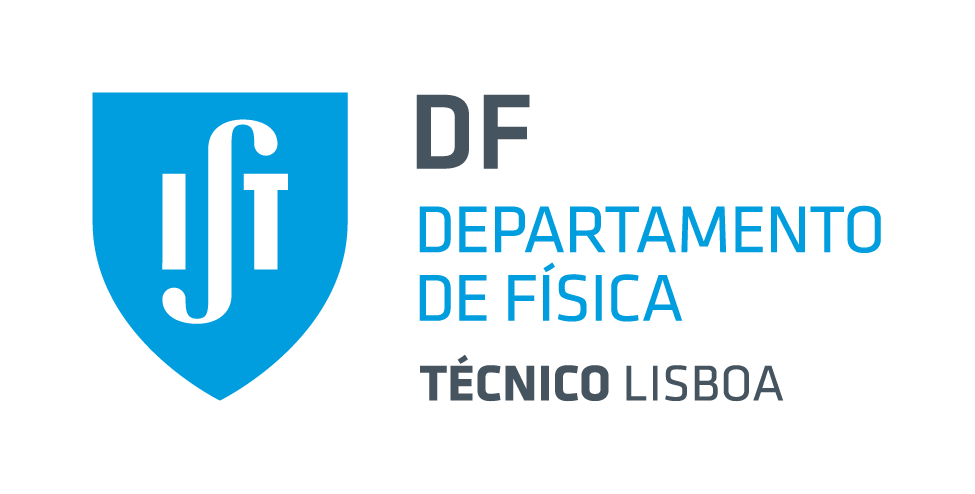Newsfrom our faculty members and students
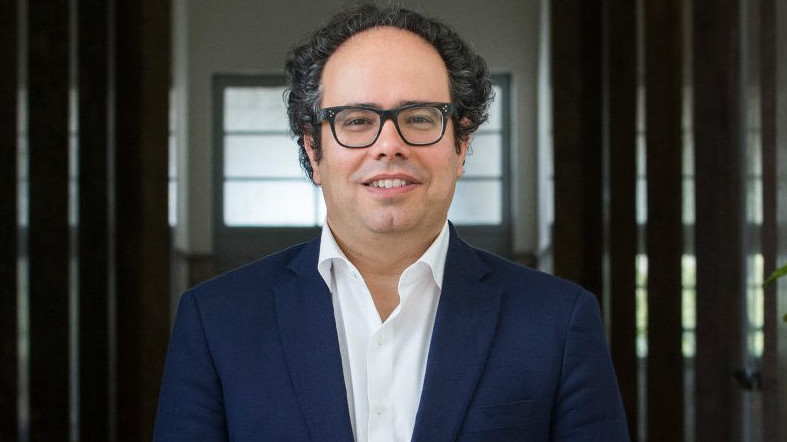
Luís Oliveira e Silva distinguished as "Professor Distinto do IST 2023"
May 16 2023Prof. Luís Oliveira e Silva, professor at the Department of Physics and member of the Scientific Domain of Plasmas, Lasers and Nuclear Fusion, has been prestigiously distinguished with the title of "Professor Distinto do IST 2023". The distinction was also awarded to Prof. Vitor Cardoso.
The jury determined that the recognition to Professor Luís Oliveira e Silva is "for his outstanding contributions and impact on international science, for the creation of a group of excellence and for his remarkable vision and leadership at Instituto Superior Técnico".
This distinction makes us deeply proud.
Parabéns Luís !
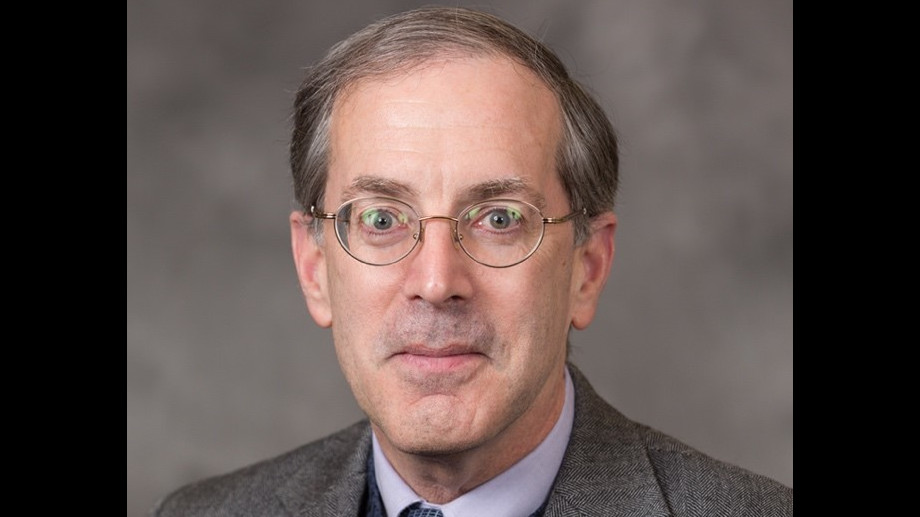
Colloquium DF: Mark Kushner
March 21 2023On Wednesday, 29th of March at 4pm, Prof. Mark Kushner (University of Michigan, U.S.A.) will deliver a Colloquium of DF. The event will take place in Auditorium PA1 and is co-organized by the Advanced Program in Science and Engineering (APPLAuSE) of Instituto de Plasmas e Fusão Nuclear and the Department of Physics.
Title: Plasmas for Microelectronics Fabrication: A Modeling Perspective
Abstract
The impressive advances in the capabilities of microelectronics logic and memory devices are largely due to plasma-based etching, deposition, cleaning, sputtering and passivation processes that have been translated to high volume manufacturing (HVM). Memory device architectures require etching high aspect ratio (HAR) features of only tens of nm diameter with aspect ratios exceeding 100. Logic devices now require removing or adding materials with atomic layer accuracy – atom layer etching (ALE) and atomic layer deposition (ALD). These manufacturing steps can now only be provided in HVM using plasma processes. Modeling and simulation (M&S) for both reactor and feature scale plasma processing has long served a supporting role. However, with HAR, ALE and HVM challenges at the forefront, M&S for plasma based device fabrication has received renewed attention to provide (or inspire) new equipment and process designs, and new insights. In this talk, the status of M&S for plasma processing will be surveyed. An overview and 'quick-plasma' tutorial will first be provided, followed by a description of the numerical techniques used for reactor and feature scale modeling. Using examples from the speaker’s research group, the model-based scaling and optimization of plasma etching reactors will be discussed (e.g., multi-frequency, capacitively coupled plasmas for HAR etching and pulsed inductively coupled plasmas for front-end processing). The coupling of reactor-scale reactive fluxes to feature scale modeling of ALE and ALD, and HAR of ONO (oxide-nitride-oxide) stacks for high-density memory will be discussed, as well the role of machine learning for process design.
*Work supported by the DOE Office of Fusion Energy Science, National Science Foundation, Lam Research Inc. and Samsung Electronics Co. Ltd.
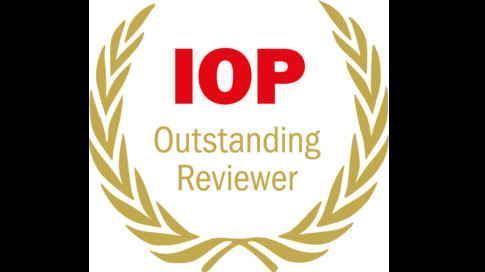
Faculties recognized as Outstanding Reviewers for IOP in 2022
March 11 2023Peer review forms the backbone of scholarly communication, and IOP Publishing values and appreciates the support of reviewers in helping uphold the high scientific standards of its journals.
Every year, outstanding reviewers are selected by IOP Publishing's Editors based on the quality, quantity and timeliness of their reviews.
In 2022, Doctor Rui Coelho was again recognized as Outstanding Reviewer for Nuclear Fusion.
And Doctor Pedro Viegas was recognized as Outstanding Reviewer for Plasma Sources Science and Technology
and Plasma Science and Technology.
Congratulations !
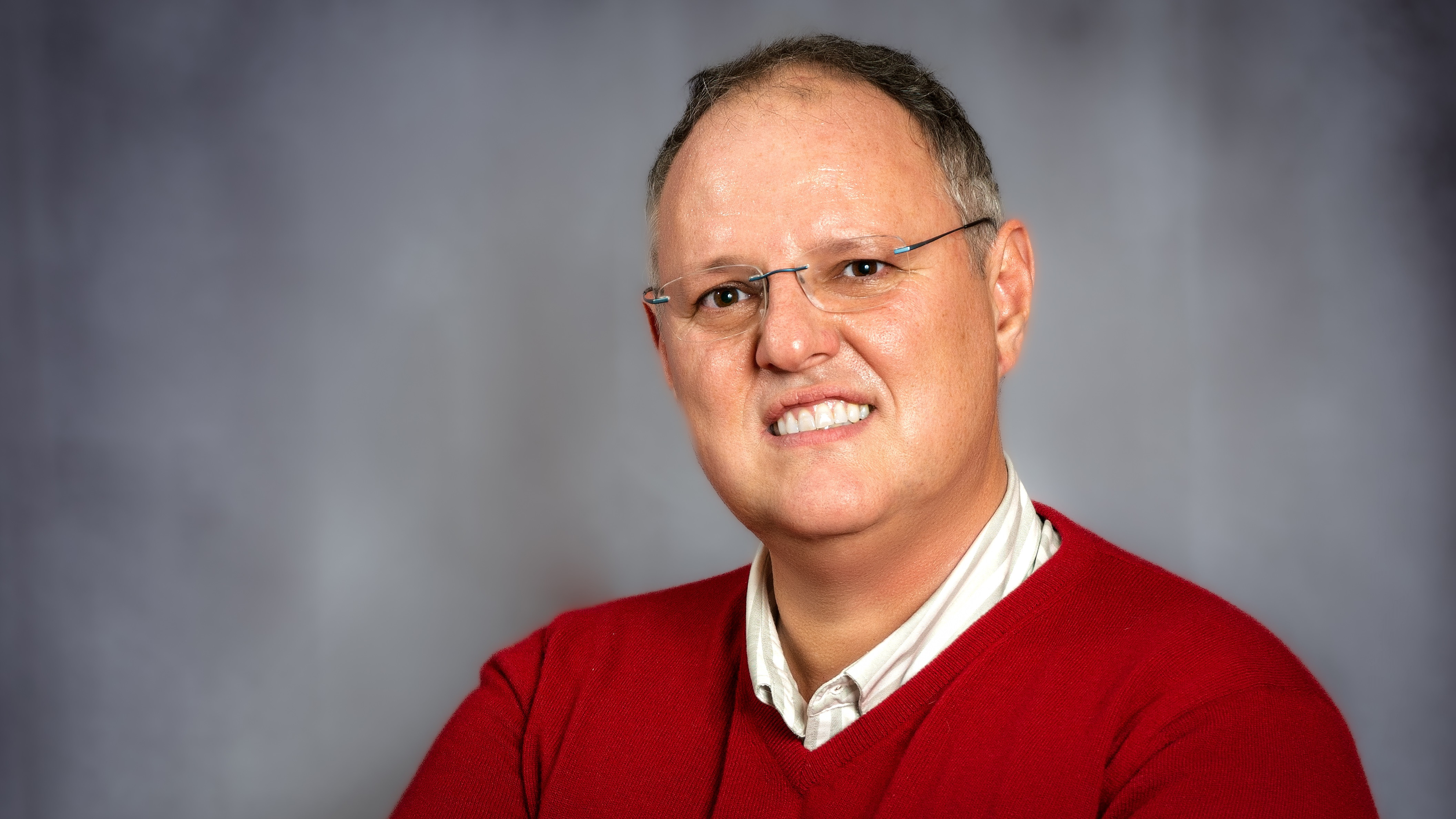
Bruno Gonçalves promoted to Coordinator Researcher
February 07 2023Bruno Gonçalves was promoted to Coordinator Researcher of the Department of Physics, in the last call of the scientific domain of Plasma Physics, Lasers and Nuclear Fusion.
Congratulations Bruno !
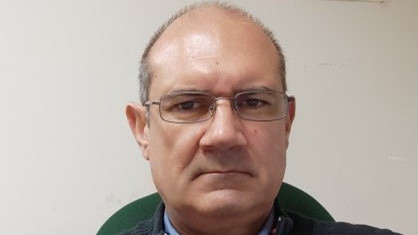
Artur Malaquias receives title of Agregado in Physics
January 24 2023On 23-24 January 2023, Doctor Artur Malaquias received the title of Agregado em Física with a seminar entitled 'The Heavy Ion Beam Diagnostic for the
ISTTOK tokamak'. The evaluation committee consisted of Prof. Ricardo Galvão (IF-USP, Brazil), Prof. Ursel Fantz (Univ. Ausburg, Germany), Dr. Elisabeth Wolfrum (Max-Planck IPP, Germany), Prof. Luís L. Alves (IST), and Prof. Luís O. Silva (IST, President).
Congratulations Artur !
